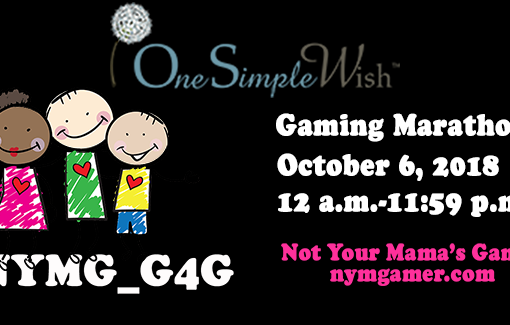A few months ago, I wrote about A Normal Lost Phone and the layered experience of inhabiting another through the use of their phone as an empathy device, so when I stumbled upon another game that used a similar approach, I picked it up immediately. But while A Normal Lost Phone is an exercise in relating, Sara Is Missing is a horror game that advises players to use a wrist strap or similar for their phones (jump scares incoming!) Sara Is Missing came out last fall from a small team (their debut game), and it’s free to play most places unless you’d like to donate to support the developers. The setup is familiar in this case: you have found a phone and must figure out what to do with it and how best to proceed.
Whereas A Normal Lost Phone evokes a standard cellphone interface with a soft color palette, Sara Is Missing imitates it almost completely. I played on my desktop, but as a phone app, I expect it would feel a bit eerie, but the familiarity here is important to the story and to the player’s reaction. Once you hook up with the game’s AI assistant, who seems like Siri dialed up to 11, perhaps with a dash of something like Replika thrown in, you’re able to restore corrupted items and reveal a very familiar interface indeed. Flip through Sara’s messages, read her e-mail, study her photos, and a mystery begins to unlock. Unlike with A Normal Lost Phone, however, in which the action was all past until the player stepped in, here the mystery is ongoing, and soon the player is faced with a series of time-sensitive decisions that never seem to lead anywhere good.
Those decisions are the real meat of the game in Sara Is Missing. Whereas ANLP is just about experience, SIM is about being thrust into an unlikely situation and forced into acting on it. While the question of how the player came upon Sara’s phone is never answered, there’s hardly time to ask; things begin happening immediately. The game doesn’t encourage agency—it requires it if you’re going to continue. You must take part in the action, and when it’s over, you have to sit with whatever happened. The AI tells the player at one point, “Life is harder than death,” and it’s a moment that seems to sum up the game’s story.
But SIM is not without its flaws. Going into my play, I saw that people had complained about the wording of interactions at the ending, that things were unclear, and in fact I chose “wrong” during my first play. At first I was just as frustrated as the reviewers who’d mentioned the end. Why couldn’t it be more clear? But then again, think how common it is to misunderstand a text? And what if you’re in a situation in which you can’t ask for clarity? Does the misunderstanding here then take the player out of the game, or does it strengthen the experience? I think it has the potential for the latter. When I played again, I realized I could have scrolled back up and answered my own question, but there was a “timer” going and the pressure of an important decision looming. I made a choice and it was wrong, but in the moment, it felt like all I could do.
So was that a flaw? I lean not. But the game is lacking at times in viable response options (at least for me), and that did take me out a bit. The pre-formed responses were sometimes very skewed toward one version of the story, restricting other paths, and the story could be fleshed out a bit while still keeping the experience short and focused. I chose to pay over a free download, and I’m glad, because I’d like to see more from them, but it’s a relatively straightforward experience. But some of the choices the game offers have the potential to be affecting—more so if actually played on a phone, I’d expect. Here, I think, the player’s right to not engage may loom heavily over the action, and be included in the theme. It’s just a game, and we’re trained to finish if we can, but at any time if you’re holding a phone, you can put it down. You can walk away. Even within the story. But once the player-as-character is tasked with finding Sara, could you stop? Would you? Even when terrible things begin to happen, the mystery beckons, and a sense of responsibility settles on the player. But the choices—and living with them—might not have be worth it. Living with the aftermath is harder.
I like these phone-style games for collapsing distance between player and action, and while there’s limited opportunity when working within the confines of a phone interface, it seems for now that’s a good tradeoff for a variety of stories.




